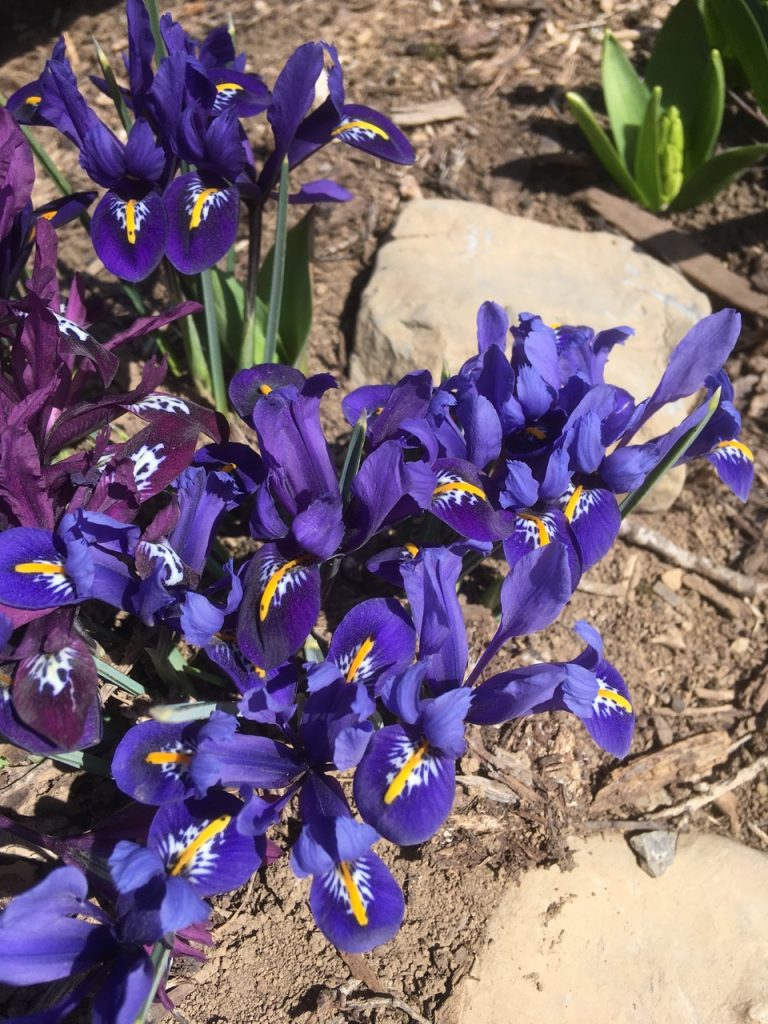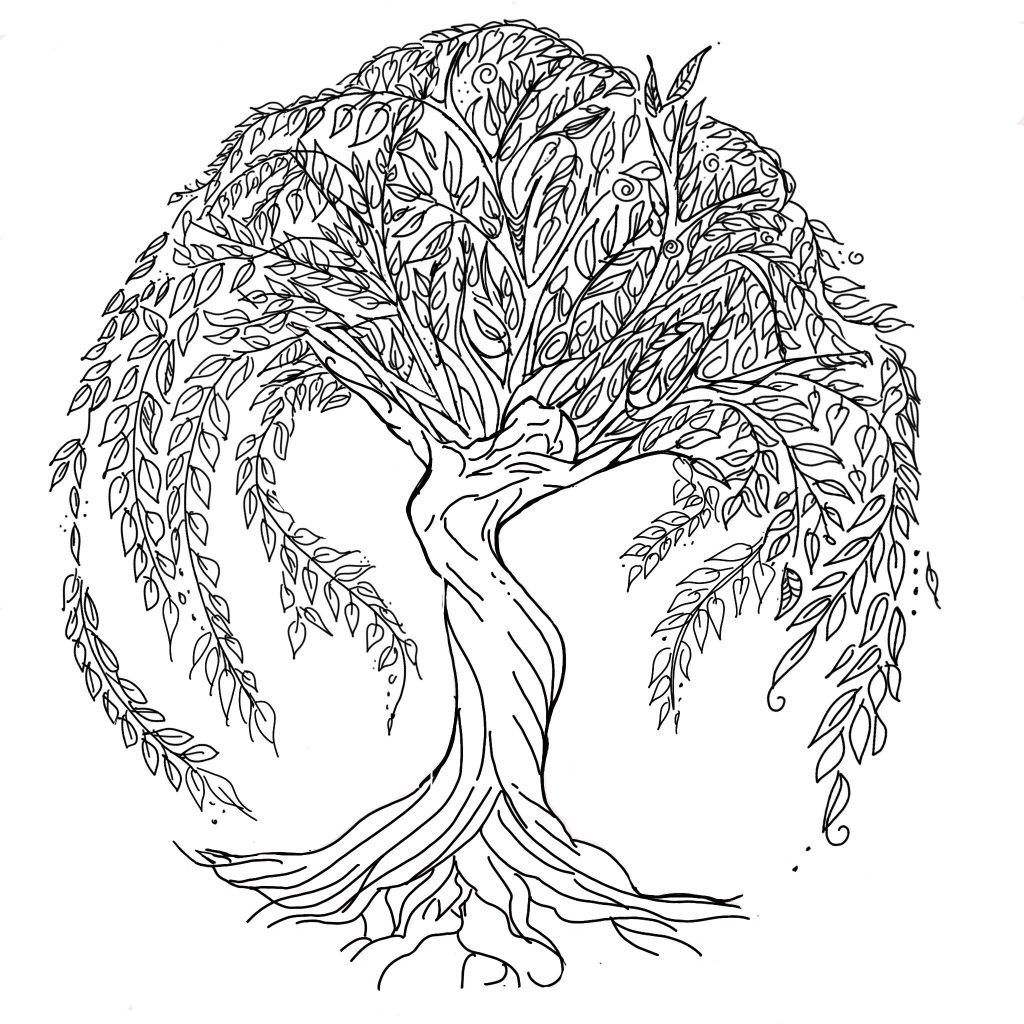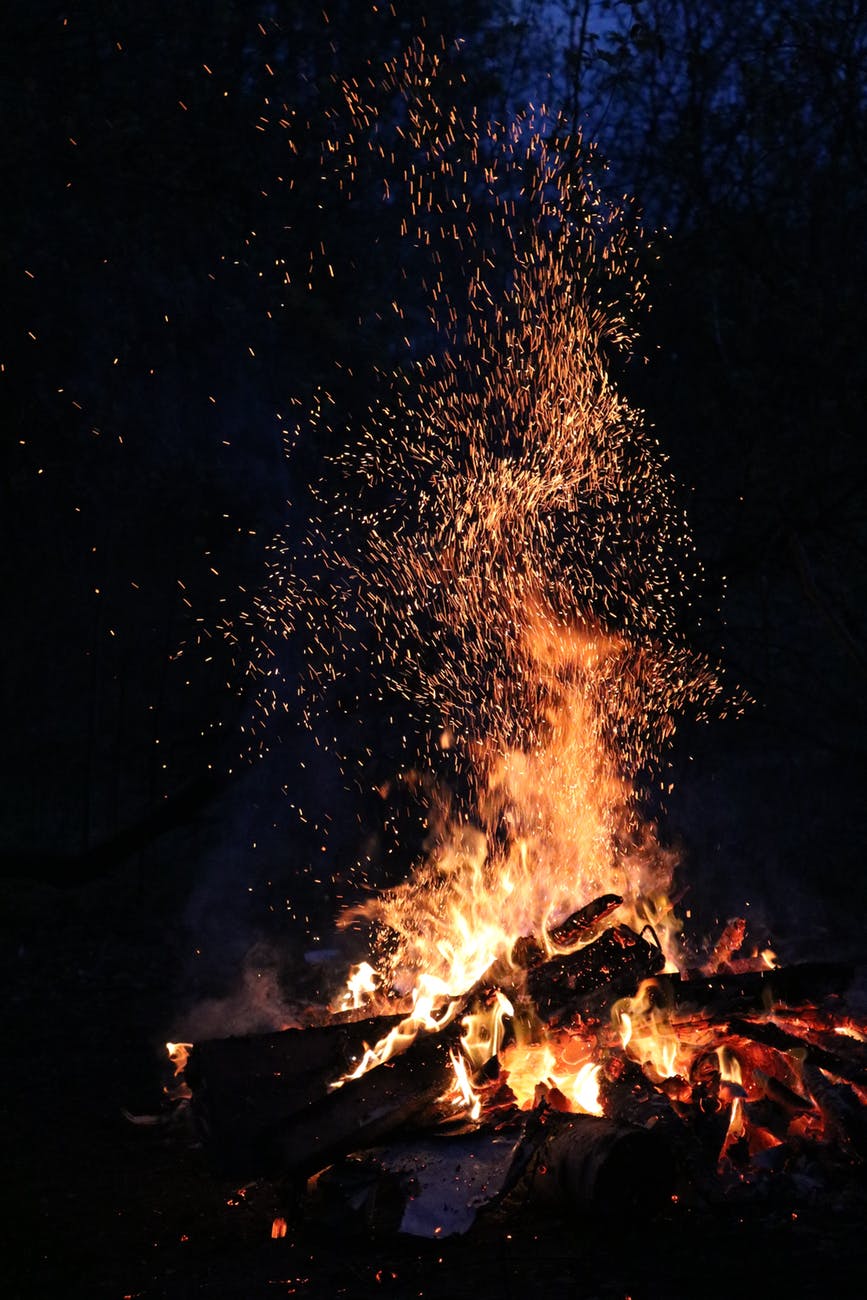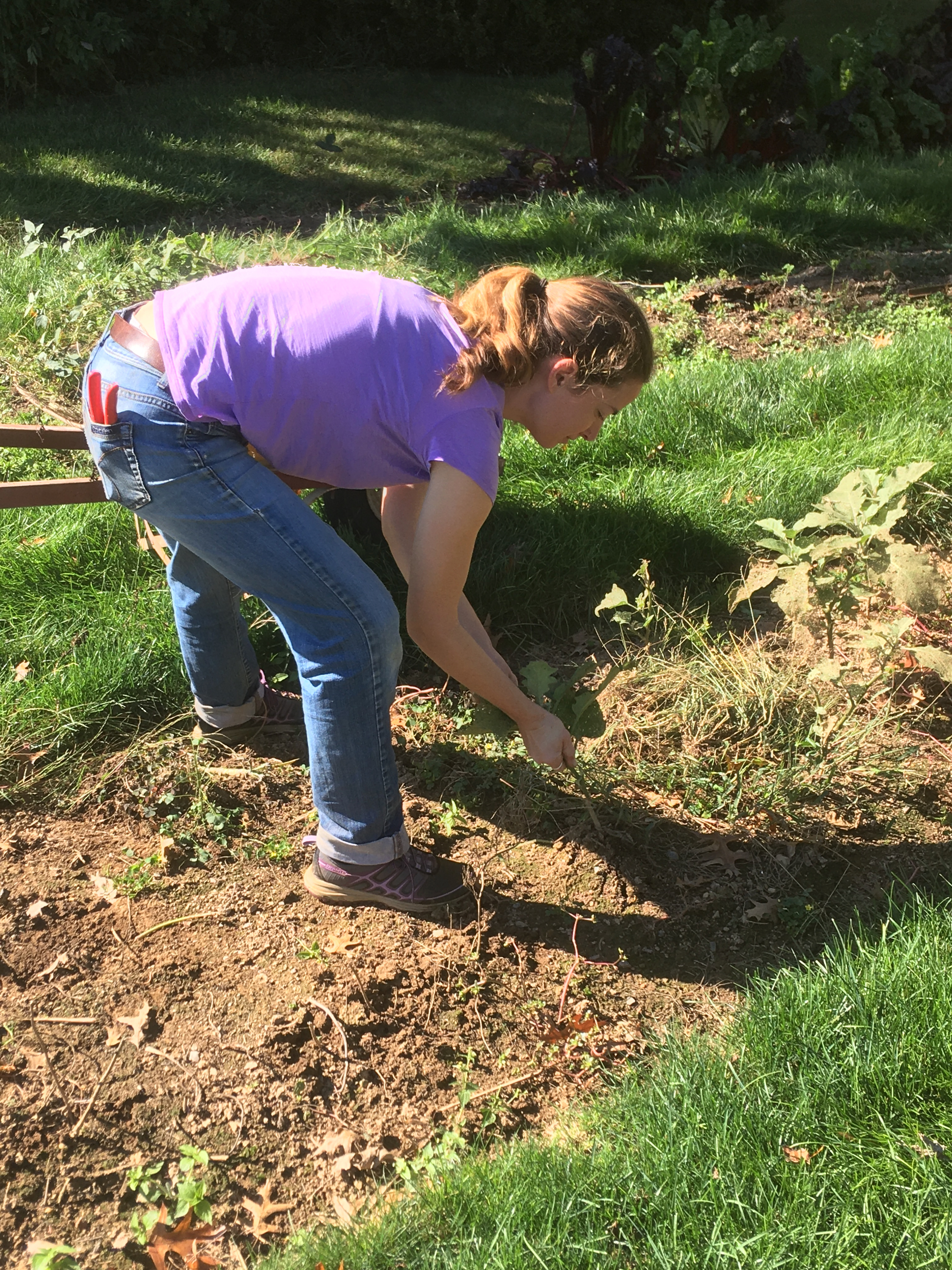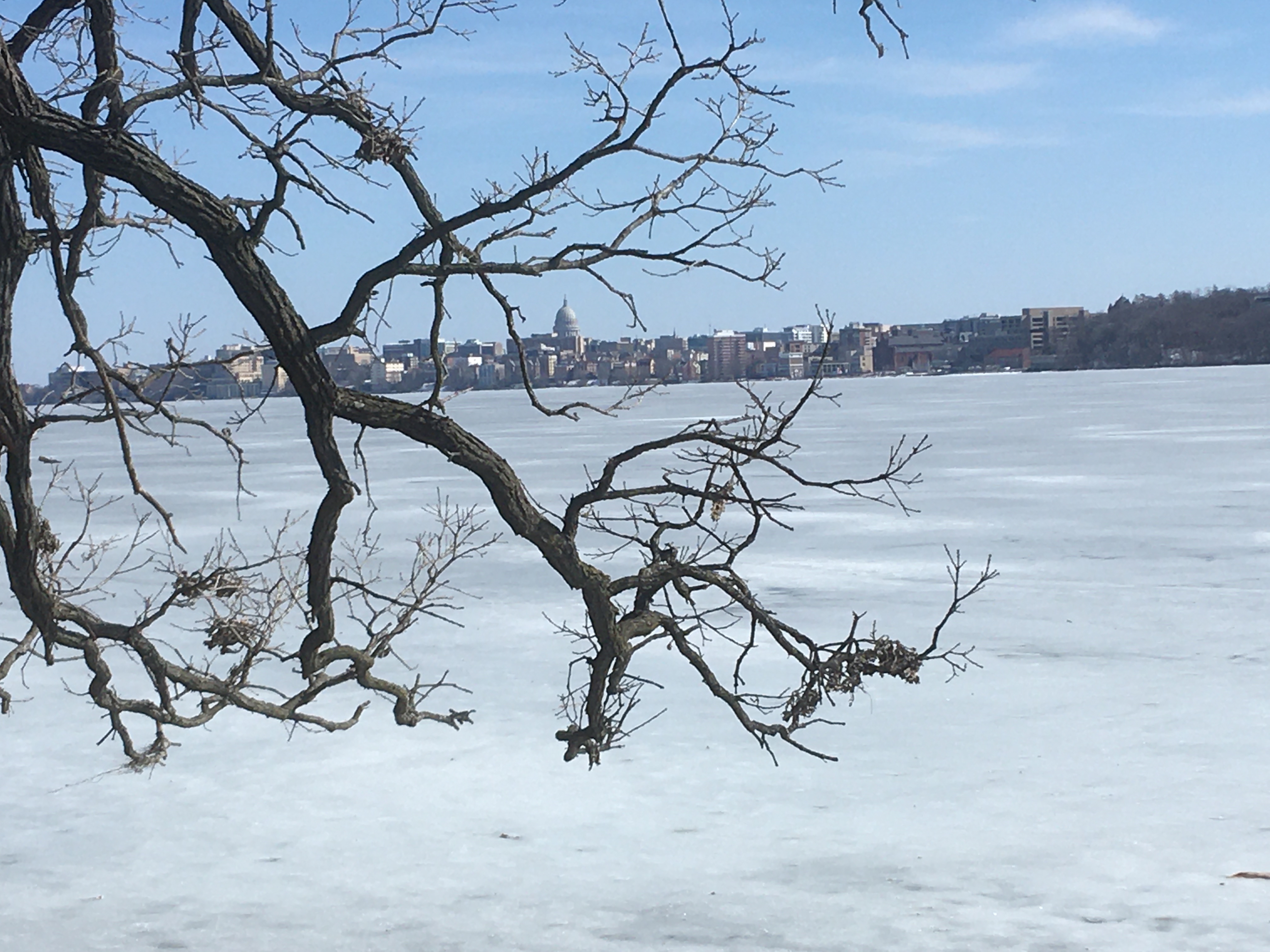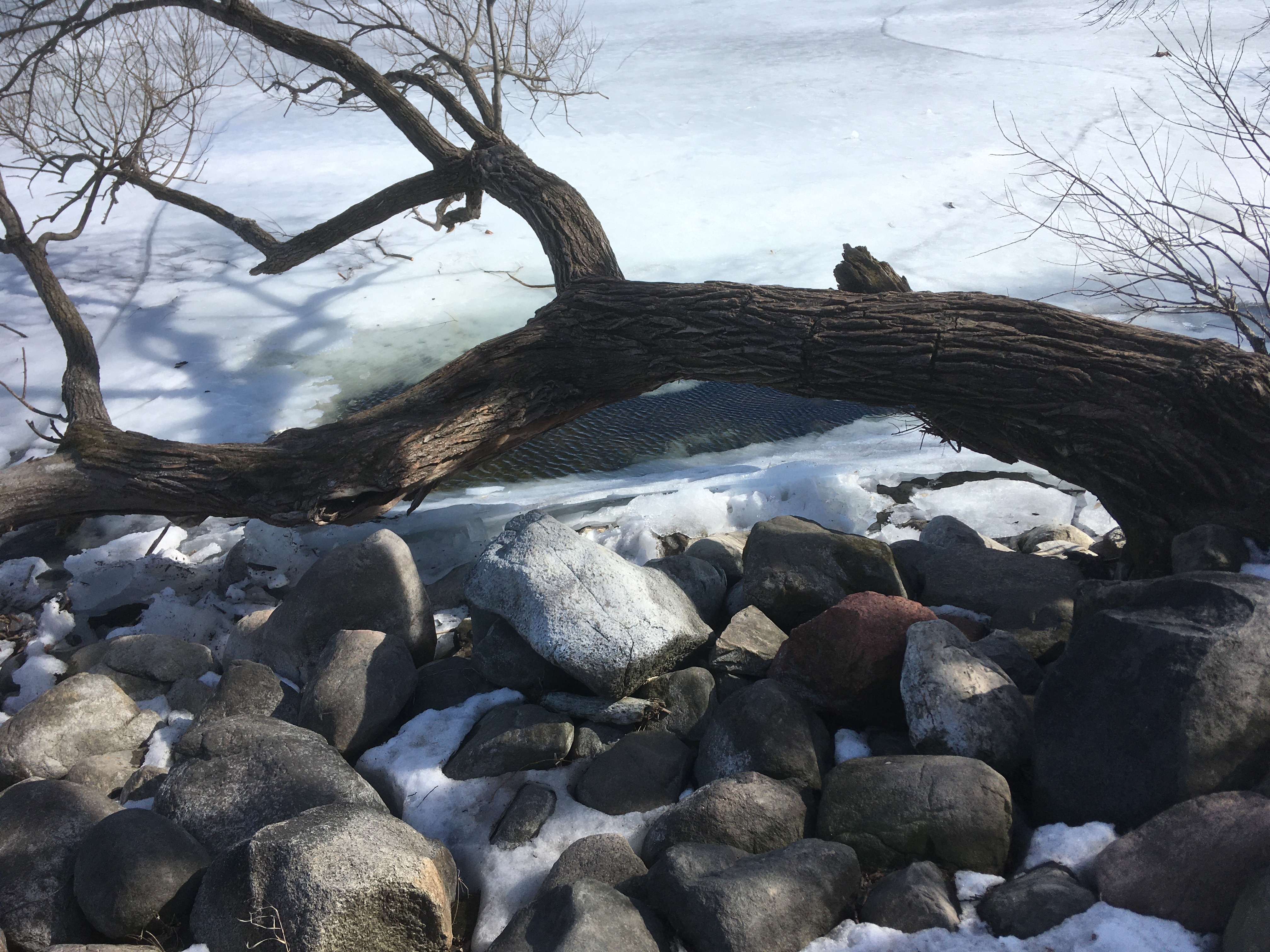What is the pandemic teaching us about love? This is the first of a series answering this question.
Liminal spaces shape how we love.
A liminal space can be defined in many ways. I tend to think of these thin moments as spaces where time shifts, often feeling slower and somehow more potent (if time can have potency.) A previous pace or cadence changes suddenly and dramatically; we cannot keep rhythm the way we had before. Routines are thrown off. Our sense of direction spins askew. Our bodies become more sensitive to light, wind, and sound – to the beauty and pain of the world around us. We feel deeply our vulnerability.
Often, we experience liminal seasons on a personal level. We can see our lives changing dramatically as we navigate transitions of every sort.
This pandemic, though, has thrown us all—the world wide web of humanity—into a liminal season together, and, for once, we can’t ignore it.*
While there’s no instant, obvious connection between liminal spaces and love – i.e. one can live in a liminal time and not think about love—when we look at love through a liminal lens, at least one thing appears:
In thin spaces, what feels urgent changes.
When face-to-face with the reality that our existence, or the existence of another, is really quite fragile, new impulses emerge. Now, it’s possible that harmful impulses emerge, like during the Bubonic Plague in Europe, when some took the opportunity to raid homes and pillage the stores of those recently deceased.
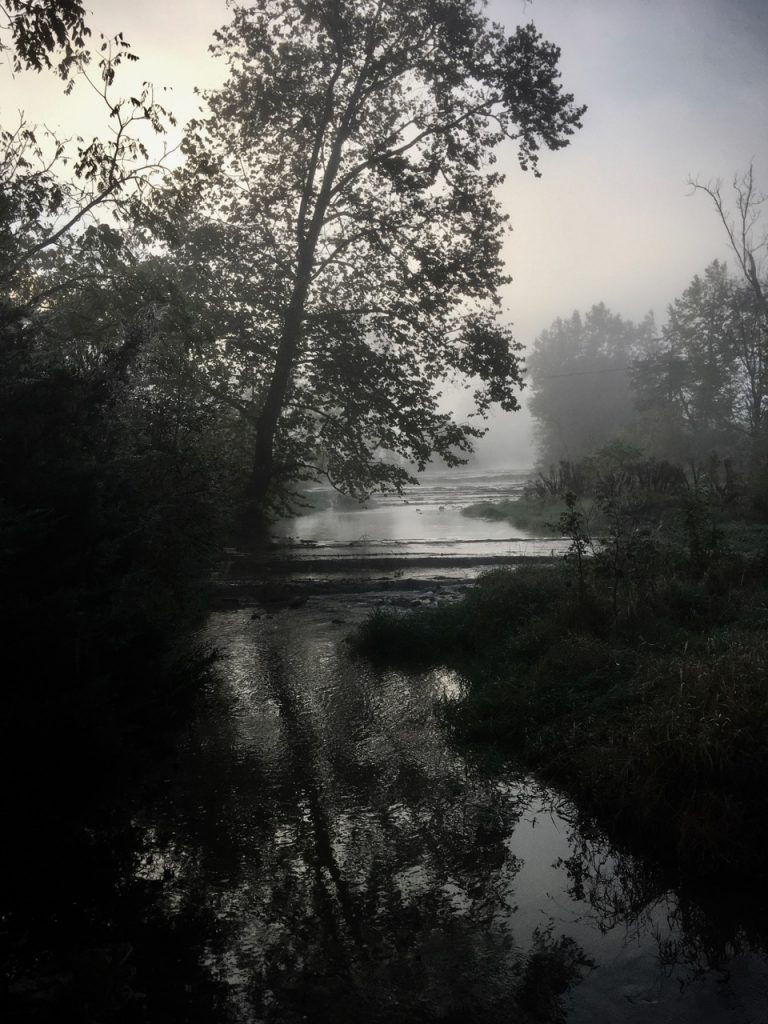
But let’s imagine that another, less individualistic or protectionist way is possible. Let’s imagine that in the face of fear, humans willingly lean toward communal thriving and life-giving actions. In the time of COVID-19, the impulse we are called to nurture is expressing the most critical, heartfelt affirmations with an urgency and authenticity that we too often brush aside in “normal” times. What is urgent is to share our love and appreciation while we still can.
Here’s where I’m coming from: As followers of Christ, I believe we are called to live in a relatively permanent state of liminality—the already, and the not yet. We must strive to move along the edge, vulnerable and open to transformation and suffering. We must come to terms with our need for others in order to thrive.
So, I suggest that in this COVID time, Love is calling us to stay—to remain in the thin space. It is here where we feel the impulse to reach out, to practice gratitude, and to practice love…not just while we have time, but always.
* Global liminal seasons probably happen more frequently than we think, though some of us (in the Global North, for example) are typically able to maneuver out of the discomfort more readily…I am speaking out of the North American context as a white woman. A child of privilege and power. I have avoided many global liminal seasons.
Image: Linville Creek, 2019, Valerie Showalter
Check back in next week for Love in the Time of COVID, Part 2: Gold.

